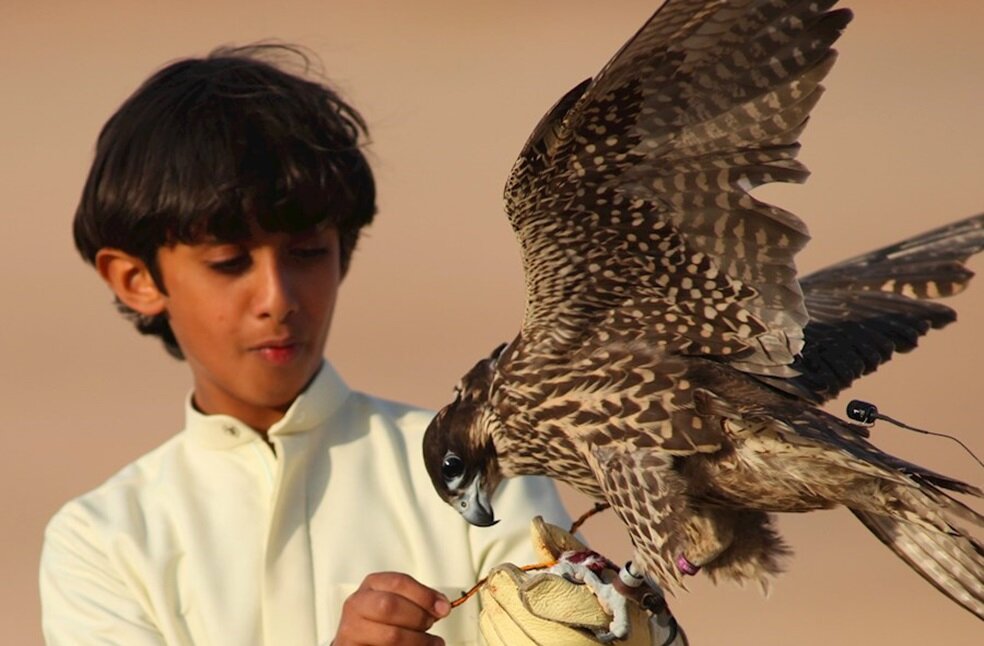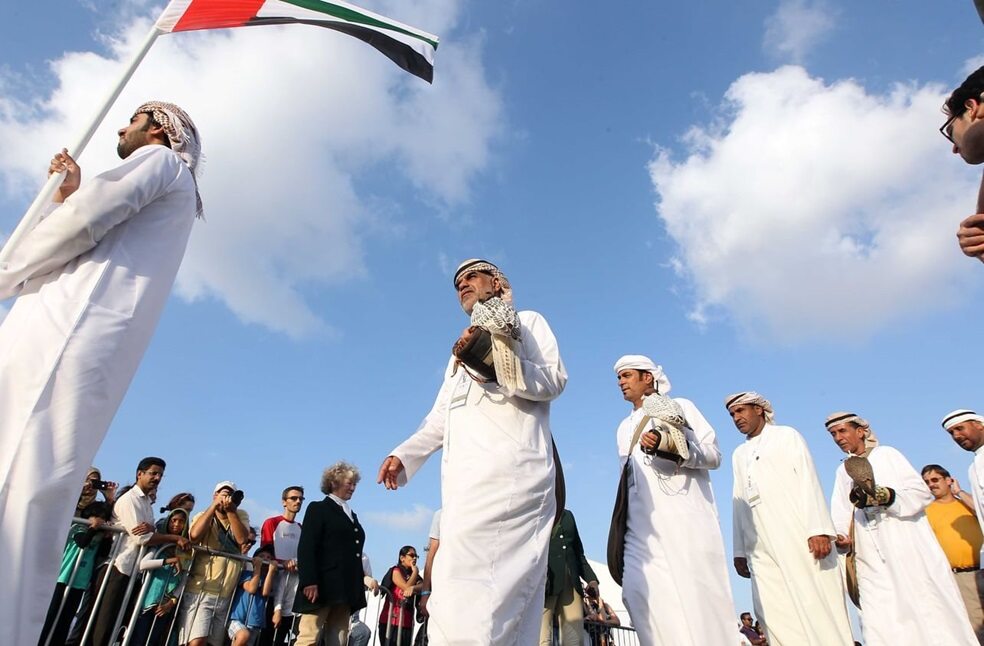Abu Dhabi: The Emirates Falconer’s Club (EFC) celebrated World Falconry Day (WFD), a global recognition of falconry as an Intangible Cultural Heritage of Humanity by UNESCO since 16th November 2010.
Each year, falconry enthusiasts worldwide commemorate the enduring legacy and cultural significance of this ancient practice.
Majid Ali Al Mansoori, Secretary-General of the EFC and President of the International Association for Falconry and Conservation of Birds of Prey (IAF), highlighted that, “Today, falconry is practiced legally in 90 countries by over 100,000 falconers. This incredible achievement stems from the UAE’s leadership in securing falconry’s recognition by UNESCO 14 years ago.”
The UAE has been instrumental in preserving falconry’s legacy, with the late Sheikh Zayed bin Sultan Al Nahyan laying the foundation for valuing and safeguarding Emirati heritage. President His Highness Sheikh Mohamed bin Zayed Al Nahyan, the EFC’s founder and Honorary President of the IAF, along with HH Sheikh Hamdan bin Zayed Al Nahyan, continues this legacy by supporting initiatives to conserve falconry and heritage globally.

The UAE lead the collaborative effort that led to UNESCO’s 2010 inscription of falconry as a shared cultural heritage. Initially involving 11 countries, this initiative has grown over time, reflecting the universal admiration for this ancient practice.
Practiced in the Arab region for over 4,000 years, falconry originated among Bedouins as a survival technique in the resource-scarce desert. While its role has evolved over the centuries, it remains a cherished emblem of Emirati culture and tradition.
Since its first nomination in 2000 and formal UNESCO recognition in 2010, falconry’s cultural file has expanded significantly, drawing contributions from a growing number of nations.
Falconry continues to thrive as a bridge between history and modernity, embodying resilience, sustainability, and respect for nature.


